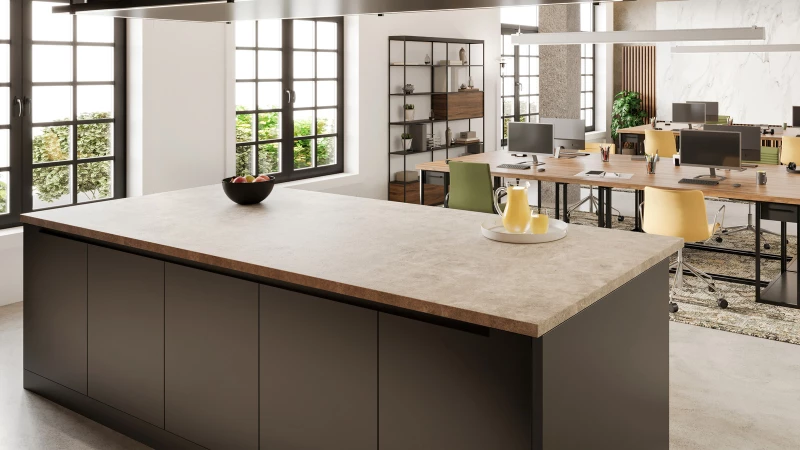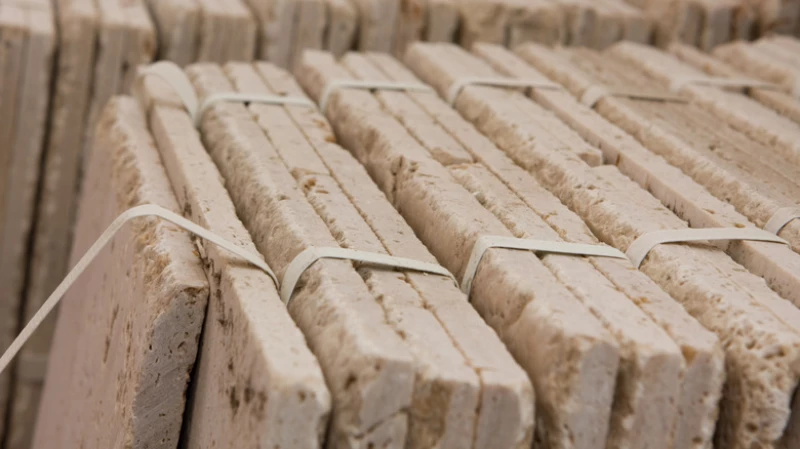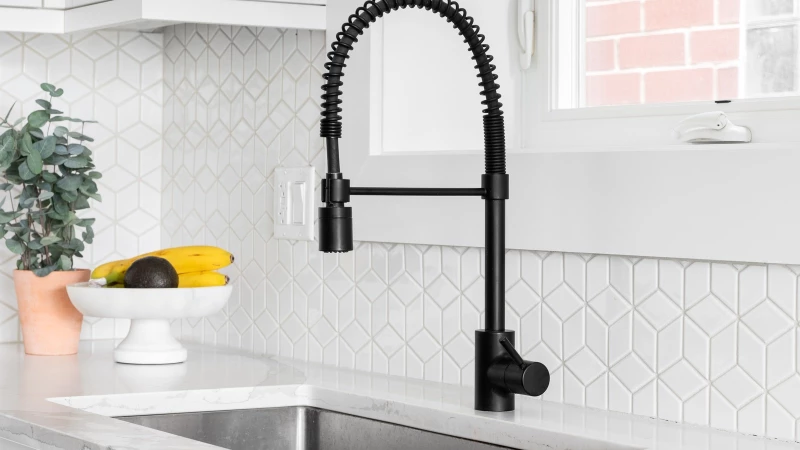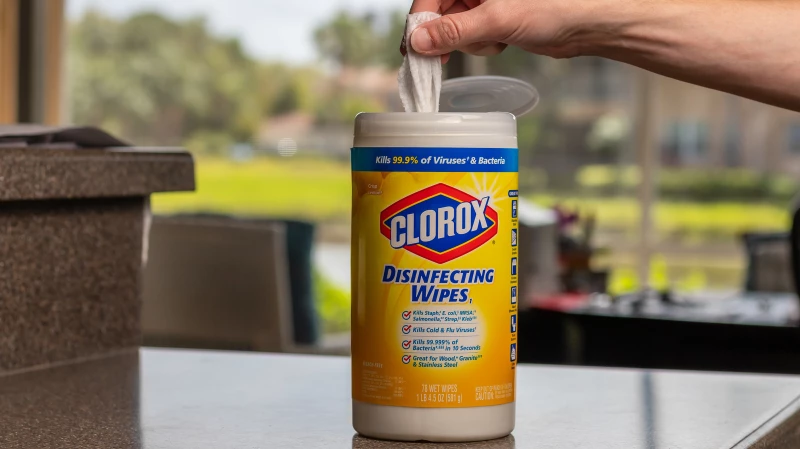Are you tired of the constant chips and cracks in your kitchen countertops? Looking for a durable and beautiful upgrade? While granite and marble are popular choices, don't overlook travertine countertops. Despite being less common in some areas, they offer a unique blend of beauty and durability that can truly transform your kitchen.
Travertine countertops, as a natural stone, come with their own individual charm and exquisite details. Belonging to the limestone family, this stone is typically found in warm tones like gold, silver, and ivory, as well as brown hues. Formed near mineral springs or geysers, the intense heat in these areas transforms the limestone, creating the stunning patterns and colors found in travertine. Some even compare the unique characteristics of travertine to marble, with its intricate specks and veins of color.
Travertine countertops bring a touch of elegance and charm to any kitchen or bathroom. While they may be more prone to staining compared to other natural stone countertops, their versatility and affordability make them a popular choice for homeowners. With a vintage aesthetic that sets them apart from modern materials like quartz and glass, travertine countertops can be customized to fit your space perfectly, whether as a countertop, backsplash, or with softened edges for a mounted sink.
The drawbacks of opting for travertine countertops
While travertine offers several advantages, it's essential to acknowledge the drawbacks before making a decision. One significant downside is the higher maintenance requirements compared to other types of stones. Due to its porous nature, travertine is more susceptible to staining from spills like sugary drinks or tomato sauce. Regular application of sealants is necessary to prevent such stains, following the manufacturer's guidelines for frequency.
Moreover, the choice of cleaning products is limited with travertine. Harsh chemicals like bleach and abrasive scrubbing pads should be avoided as they can damage the protective layer. Instead, gentle cleaning with mild soap and water is recommended. In comparison, granite and marble require less upkeep to maintain their appearance. Additionally, the porous nature of travertine makes it more susceptible to bacterial growth, necessitating regular cleaning to prevent bacteria from thriving in the tiny crevices on the surface.
Travertine countertops may have similar installation costs and durability to other natural stones, but it's important to note that they will require higher maintenance expenses over time. This factor could impact the overall affordability advantage that this product provides.








